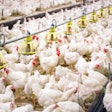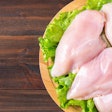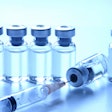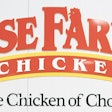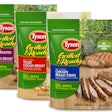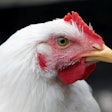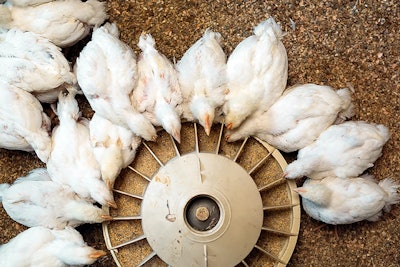
To maintain its commitment to animal welfare, poultry producer, House of Raeford has added the 2023 National Chicken Council Broiler Welfare Guidelines to its existing policies.
“It is a huge responsibility to provide chicken to help feed the world and at the same time ensure that we take proper care of our animals,” according to a company press release. “Keeping them free of fear, pain, stress, and suffering — is plain and simple, the right thing to do.”
The National Chicken Council Broiler Welfare Guidelines
The additional guidelines include:
- The identification of Key Welfare Indicators including paw and footpad health, gait scoring, effective processing parameters, and minimizing leg and wing injuries;
- Whistleblower protection;
- Additional employee training programs;
- Professional Animal Auditor Certification Organization (PAACO) certified animal welfare audits;
- An increased focus on bird behavior;
- And updated scoring guides developed by the American Association of Avian Pathologists.
What is the Professional Animal Auditor Certification Organization?
Founded in 2004, PAACO provides training and certification for animal welfare auditors in industries like swine, dairy, poultry, beef and feedlot. Companies that have partnered with PAACO include Tyson, JBS and Cargill.
House of Raeford’s focus on welfare and nutrition
Maintaining the flock’s health is a vital part of animal welfare which is why House of Raeford is committed to no antibiotic use or growth hormones, as well as protecting the birds from diseases like avian flu with strict biosecurity measures.
Optimized nutrition is not just good for the birds’ health, but it can also improve resource management and mitigate the industry’s impact on the environment.
“Our corporate nutritionists are constantly refining feed formulas to improve performance efficiency and the health of the chicken,” according to House of Raeford. “The improvement in performance efficiency means less feed needed per chicken and therefore less acreage needed to grow corn and soybeans resulting in more sustainable land management.”









